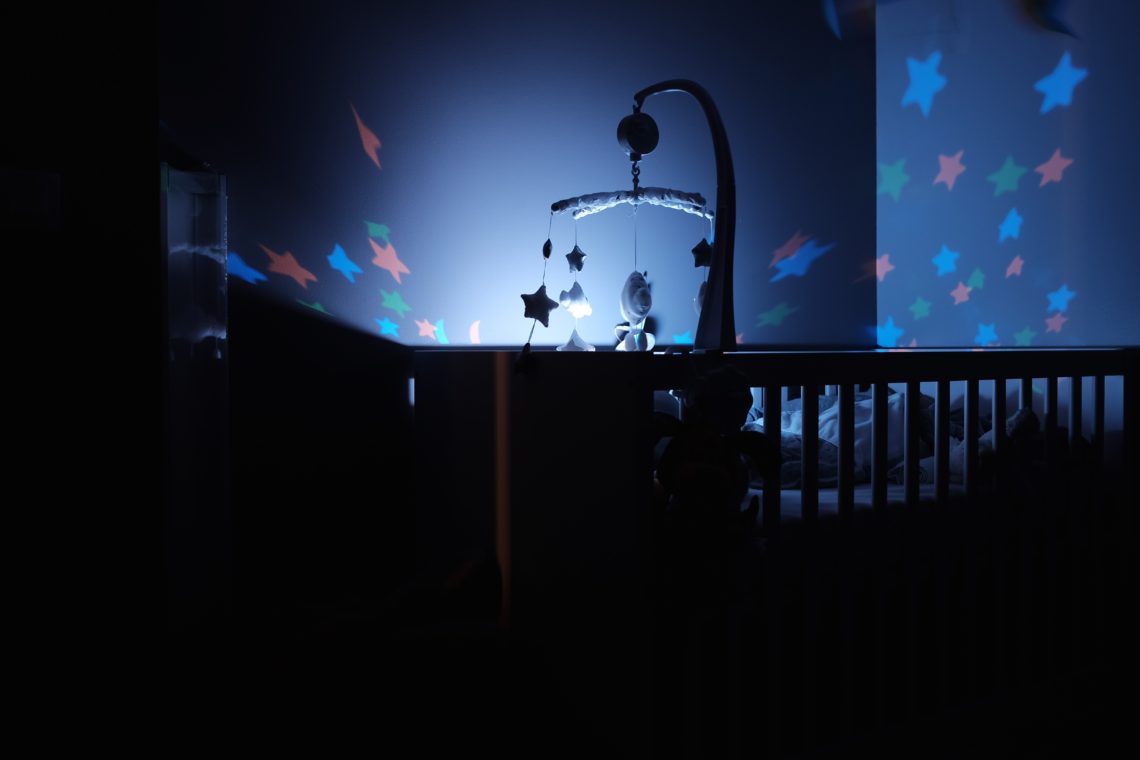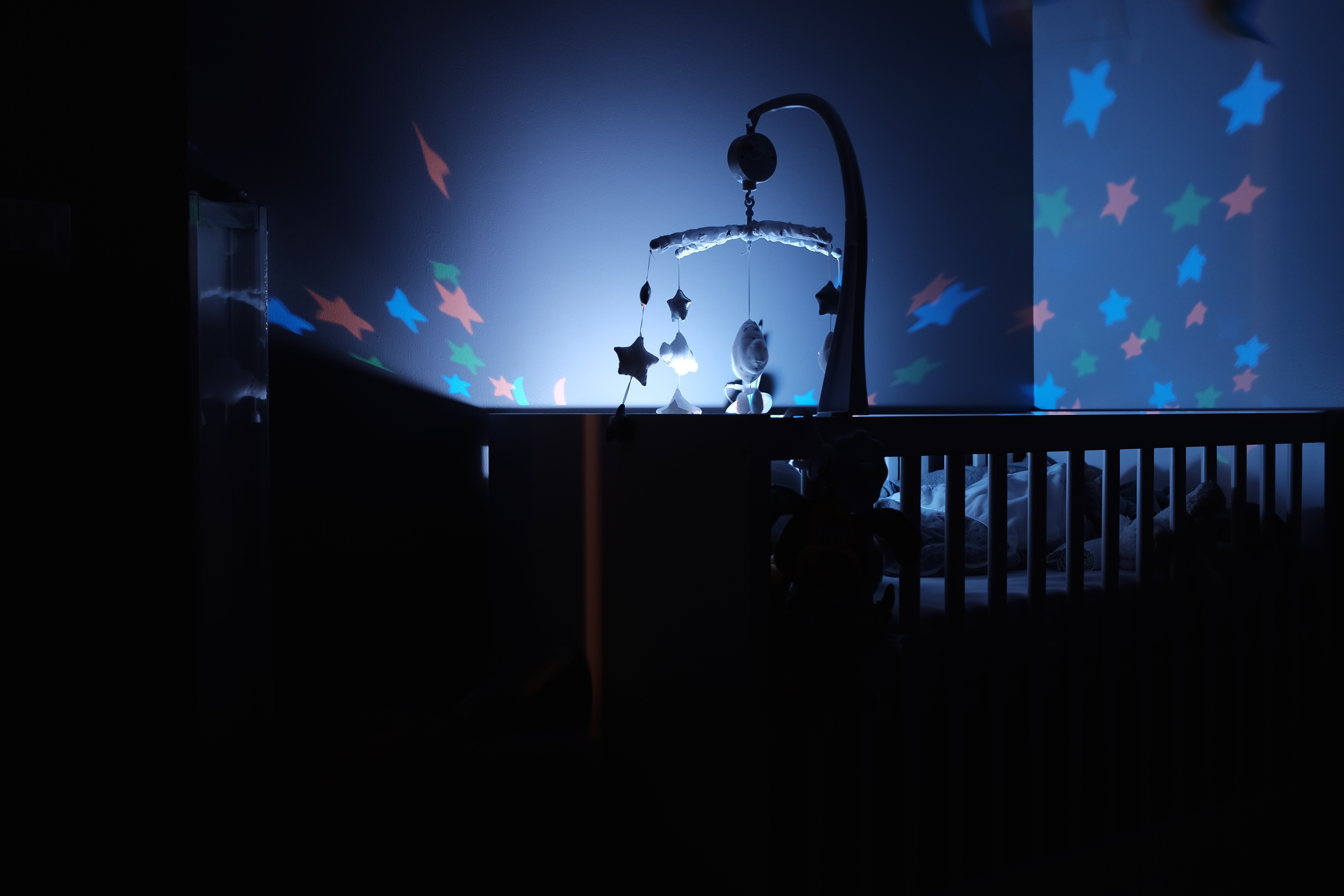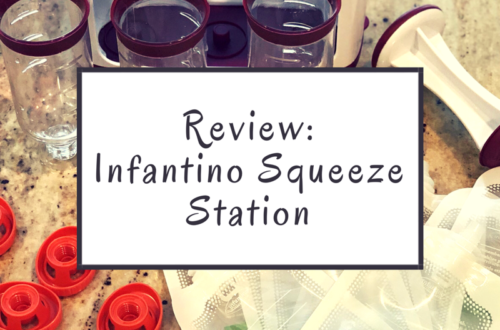
The First Fall: What to Do When Your Baby Falls
Although the calendar said May 7, it was our first fall. No, I’m not talking about the season but rather the sudden, uncontrollable descent. I sat my seven-month-old down on the couch—just as I had the day before and like we usually do most days—I turned to open some mail and it happened. A boom followed by loud wailing. He’d taken his first tumble.
My boyfriend ran out of the room asking what happened and if he was ok and then he began to question why I would place him on the couch. After calming him down and making sure he was alright, I was able to calmly say: “We’d done this several times before, today was just the day that he showed us that he’s on the move.”

Once he settled down and was no longer crying and shaken up, a bit of guilt crept in. I was upset with myself. I knew for sure that I hadn’t been careless in placing him on the couch. I rethought the situation so many times: Had I placed the pillow next to him properly? Did I sit him too close to the edge? Thankfully our son was ok. He fell onto the carpet and it wasn’t a high fall. We didn’t see any need to take him to the ER. He was fine and we knew that this would only be the first.
Life has a funny way of preparing you for things. Just three days before, I was at brunch with a good friend and she told me about how her baby had taken her first fall. She told me how she and her husband reacted and while we laughed over mimosas about being first-time parents, something was subconsciously preparing me for my test, which who knew would happen in less than a week? Since I was somewhat prepared, I thought I’d share with you some steps just in case you’re in a similar situation.
What to Do When Your Baby Falls
- Act quickly and carefully. First things first, pick up your baby.
- Don’t panic. At this moment, your baby needs you at your best. If you’re panicking, you’re not thinking straight.
- Check for injuries. Look for cuts and bruises. Also, check the movement of your baby’s limbs. You know your baby. If he or she isn’t acting right, you would be able to tell immediately. If anything is bothering them, I would say head straight to the hospital.
- Console your baby. This happens when your baby feels your touch immediately after such a scary situation, but make sure to reassure them that you’re there.
- Access the fall. How high was it? From where? Where (and how) did the baby land?
- Don’t beat yourself up (or your partner). Things happen. Your baby is ok. You’re not a bad parent. This is just your child’s way of letting you know that they’re ready for the next stage of childhood.
While each fall is different, they may all require you to follow similar steps. The main thing is making sure that your child is not injured. This is especially important for smaller babies because they can’t tell us what’s hurting them. If you’re not sure, I would definitely recommend seeking medical attention. It’s better to be safe than sorry.
Next Steps: Life After The Fall
Now that some days have passed and our son has shown no signs of acting any differently, the guilt has subsided but we’re a lot more cautious. He’s not left alone on elevated surfaces and we rely heavily on the “pillow fort” during our mornings in bed watching cartoons. We’ve even lightened the mood with a little laughter. My boyfriend joked that he would tell him how his mother dropped him on his head when he got older. (Oh, boy!) Well, the saying had to come from somewhere.
Photo by Bastien Jaillot on Unsplash





3 Comments
Pingback:
Pingback:
Pingback: